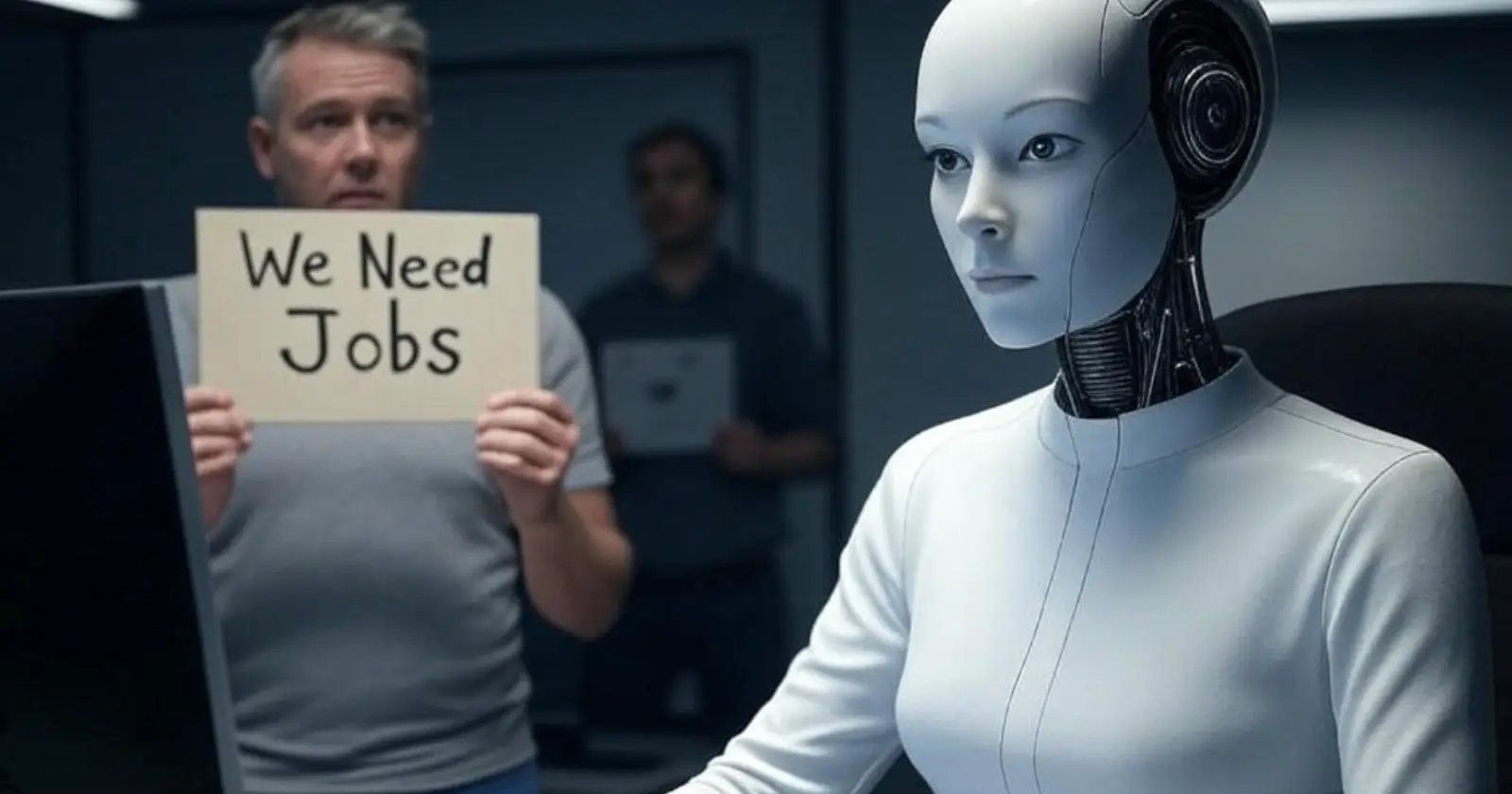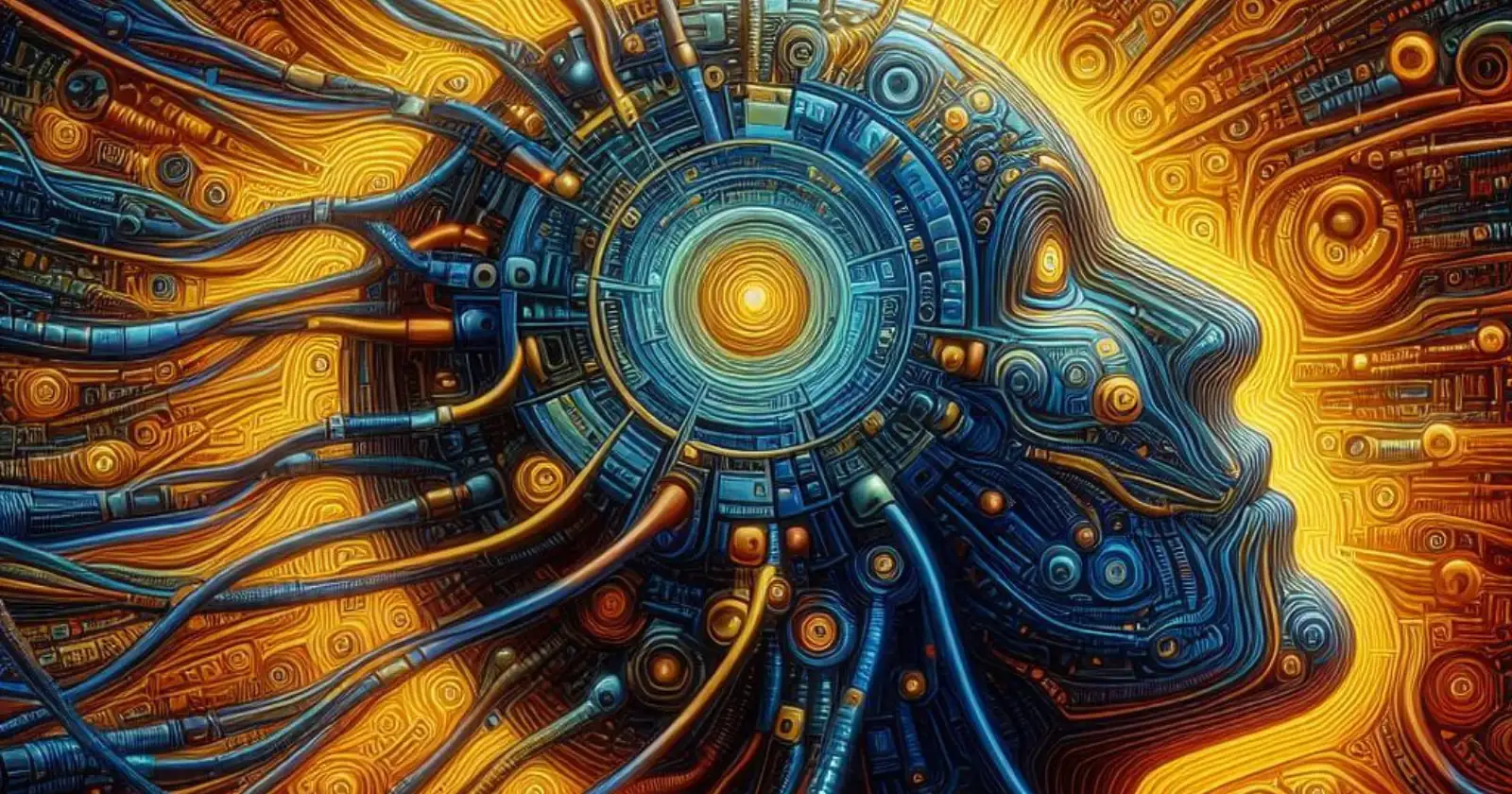Before it gets out somewhere else, this is an email I sent yesterday morning to my team. It applies equally to the freelance community pic.twitter.com/eLnFlJE9CZ
— Micha Kaufman (@michakaufman) April 8, 2025
If you’ve been keeping up with the news in the past few years, you probably already know that AI has two sides – a good one, and a dark one. It’s undoubtedly changing the tech landscape, but there’s only so much you can do to ignore the consequences. Fiverr CEO, Micha Kaufman, has joined one of the many who’ve voiced concern about AI replacing human jobs.
In an internal email, subsequently shared publicly on X, Kaufman delivered what he termed an “unpleasant truth,” stating, “It does not matter if you are a programmer, designer, product manager, data scientist, lawyer, customer support rep, salesperson, or a finance person – AI is coming for you.” He didn’t mince words, suggesting that even his own role isn’t immune. Kaufman’s message emphasized that tasks once considered easy will disappear, and what was once difficult will become the new standard. This shift, he argued, will necessitate “exceptional talent” to remain relevant.
The timing of Kaufman’s warning aligns with Meta CEO Mark Zuckerberg’s recent prediction that AI will write most of Meta’s code within the next 12 to 18 months. During an interview with podcaster Dwarkesh Patel, Zuckerberg explained he wasn’t referring to simple autocomplete features but sophisticated AI systems that can set goals, run tests, find problems, and write better code than top engineers.
This isn’t just talk from tech leaders. Microsoft CEO Satya Nadella revealed that as much as 30% of Microsoft’s code is now written by AI. Google’s Sundar Pichai made a similar claim last October, stating that more than 25% of new code at Google is AI-generated.
What’s interesting is that there are no signs of slowing down. According to a McKinsey report, AI could automate 30% of U.S. work by 2030. Furthermore, Goldman Sachs research suggests AI might eliminate 300 million jobs globally and automate two-thirds of work in the US and Europe.
Kaufman didn’t just sound the alarm – he offered advice. He urged employees to become “exceptional talents” in their fields by mastering AI tools specific to their professions. For programmers, he suggested Cursor, an AI code editor. For lawyers, he recommended Legora for research and document review. But don’t forget that AI hallucinates and has even resulted in lawyers messing up their cases after citing AI hogwash.
“If you do not become an exceptional talent at what you do, a master, you will face the need for a career change in a matter of months,” Kaufman warned. “Your value will decrease before you know what hit you.”
As a writer who’s been covering the tech industry for years, I find myself wondering if we’re witnessing the beginning of a fundamental shift in employment. I’ve seen countless innovations disrupt industries, but AI’s potential to completely eliminate humans from various workplaces feels different and scary.
Kaufman isn’t alone in pushing teams toward an AI-first approach. Shopify CEO Tobi Lutke told employees to try AI solutions before requesting additional human workers. Duolingo CEO Luis von Ahn also announced plans to gradually replace human contractors with AI.
For Fiverr, a platform with over 3.6 million annual active buyers where freelancers sell services like design and copywriting, the AI revolution hits particularly close to home. The company reported $391.5 million in revenue for 2024, an 8.3% growth from 2023, but questions remain about how AI will transform its marketplace of human talent.
While tech leaders paint an inevitable future of AI-dominated workplaces, I can’t help but wonder if we’re overhyping capabilities that don’t fully exist yet. Zuckerberg himself has moved the goalposts, shifting from earlier predictions of mid-level engineer replacement to a more extended timeline for coding agents.
Whether these predictions materialize in the timeline suggested or not, one thing seems certain – workers across industries need to start adapting now or risk finding themselves obsolete in an AI-powered economy.
Featured image generated with AI.
TechIssuesToday primarily focuses on publishing 'breaking' or 'exclusive' tech news. This means, we are usually the first news website on the whole Internet to highlight the topics we cover daily. So far, our stories have been picked up by many mainstream technology publications like The Verge, Macrumors, Forbes, etc. To know more, head here.



